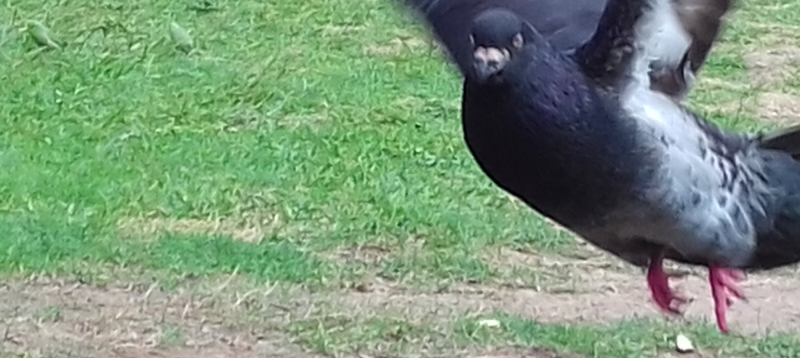Most philosophical practitioners seem to mistrust language. They don’t accept at face value what people say, and they try to understand what stands behind the words.
The philosophical counselor – the maieutic questioner – tries to “read” what the other (the guest, counselee, participant) is saying “beyond” words, and “through” the ideas he expresses in words.
Since it is easier to note inconsistencies between what another person says and how he acts, than noting this in relation to ourselves, philosophical practitioners can help the other (the guest, counselee, participant) become aware of the boundaries and patterns in his thoughts and attitudes and so reveal his real concerns and yearnings.
This raises two issues. The first issue is how to translate a person’s mental life into words, or more specifically how to express in linear language a person’s thoughts, images, and personal associations. The second issue goes beyond words. It is about how we associate thoughts, images, memories, feelings, etc. in an interesting, creative and useful way.
The first issue, of translating inner meanings into words, is a major topic in Plato´s dialogues.
A beautiful example is given in Plato’s Theaetetus: After realizing that all the attempts to define knowledge have failed, Socrates comments that it is still a fact that we use the concept of knowledge. The fact that we cannot find a definition for this word does not imply that we cannot use this word, or even explore its meaning in depth, as had been done throughout the dialogue. He therefore proposes a metaphor about how we should open our mind to a broader range of thoughts, images and feelings:
Let us suppose that in the mind of each man there is an aviary of all sorts of birds – some flocking together apart from the rest, others in small groups, others solitary, flying anywhere and everywhere.
Let us suppose a man has caught wild birds – doves or any other birds – and keeps them in an aviary which he has constructed at home; we might say of him in one sense, that he always has them because he possesses them. Yet, in another sense, he has none of them; but they are in his power, and he has got them under his hand in an enclosure of his own, and can take and have them whenever he likes; – he can catch any which he likes, and let the bird go again, and he may do so as often as he pleases.(…)
May we not pursue the image of the doves, and say that the chase after knowledge is of two kinds? One kind is prior to possession and for the sake of possession, and the other for the sake of taking and holding in the hands that which is possessed already. And thus, when a man has learned and known something long ago, he may resume and get hold of the knowledge which he has long possessed, but has not at hand in his mind.
And when transmitting them he may be said to teach them, and when receiving to learn them, and when having them in possession in the aforesaid aviary he may be said to know them? Theaetetus 197c-198d (extracts)
The bottom line is that language cannot grasp all the images, thoughts, memories, feelings, etc. that occur in our mind while we discuss or write a text. Thus, if we want to relate to all of these mental meanings, we must exercise special care. By analogy, in order to relate to doves, which have a life of their own, we have to take care of them, observe them, and approach them carefully so that we could “profit” from them in the best way possible.
In a certain sense, all philosophical practices use language to help participants explore their inner meanings. This requires philosophical contemplation, which makes us aware of the rich world of inner meanings and associations – the world which is the original source of our everyday concrete behavior.
